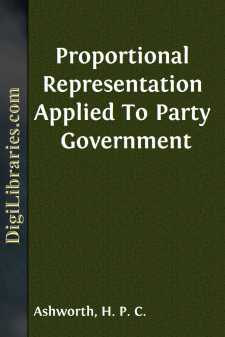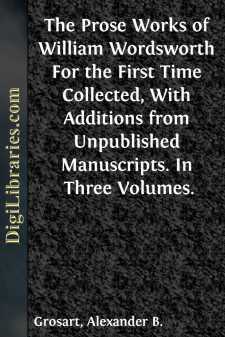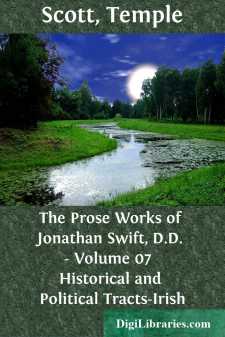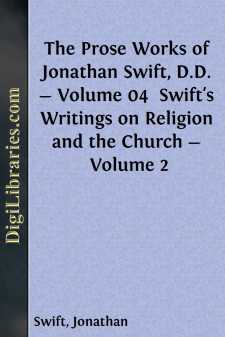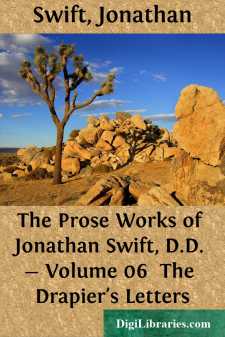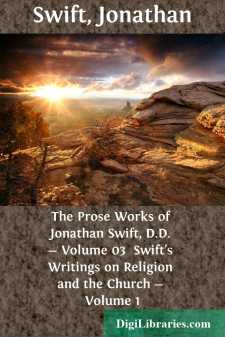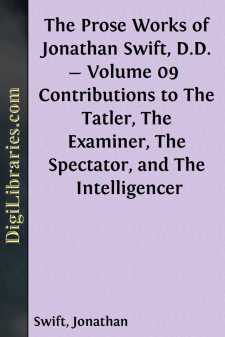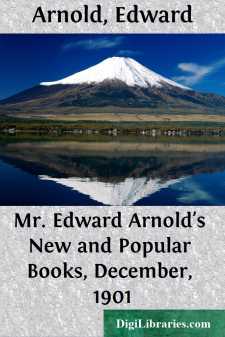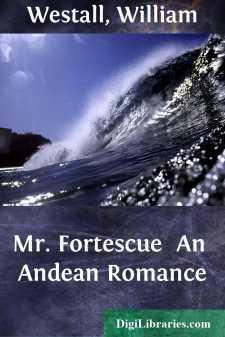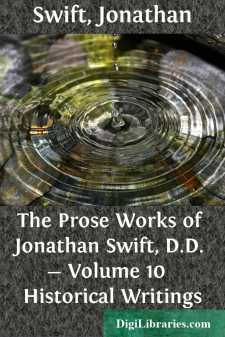Categories
- Antiques & Collectibles 13
- Architecture 36
- Art 48
- Bibles 22
- Biography & Autobiography 813
- Body, Mind & Spirit 142
- Business & Economics 28
- Children's Books 13
- Children's Fiction 10
- Computers 4
- Cooking 94
- Crafts & Hobbies 4
- Drama 346
- Education 46
- Family & Relationships 57
- Fiction 11828
- Games 19
- Gardening 17
- Health & Fitness 34
- History 1377
- House & Home 1
- Humor 147
- Juvenile Fiction 1873
- Juvenile Nonfiction 202
- Language Arts & Disciplines 88
- Law 16
- Literary Collections 686
- Literary Criticism 179
- Mathematics 13
- Medical 41
- Music 40
- Nature 179
- Non-Classifiable 1768
- Performing Arts 7
- Periodicals 1453
- Philosophy 64
- Photography 2
- Poetry 896
- Political Science 203
- Psychology 42
- Reference 154
- Religion 513
- Science 126
- Self-Help 84
- Social Science 81
- Sports & Recreation 34
- Study Aids 3
- Technology & Engineering 59
- Transportation 23
- Travel 463
- True Crime 29
Sort by:
CHAPTER I. THE TRUE PRINCIPLES OF POLITICAL REPRESENTATION. Old establishments, like the British Constitution, said Edmund Burke, "are not often constructed after any theory; theories are rather drawn from them." In setting out on an endeavour to understand the principles underlying political representation, the saying expresses exactly the course which should be followed. The inquiry is the...
more...
TO THE QUEEN. MADAM, I have the honour to place in your Majesty's hands the hitherto uncollected and unpublished Prose Works of WILLIAM WORDSWORTH —name sufficient in its simpleness to give lustre to any page. Having been requested thus to collect and edit his Prose Writings by those who hold his MSS. and are his nearest representatives, one little discovery or recovery among these MSS....
more...
by:
Temple Scott
SOME PRESS OPINIONS "An adequate edition of Swift—the whole of Swift, and nothing but Swift—has long been one of the pressing needs of students of English literature. Mr. Temple Scott, who is preparing the new edition of Swift's Prose Works, has begun well, his first volume is marked by care and knowledge. He has scrupulously collated his texts with the first or the best early editions,...
more...
by:
Jonathan Swift
In the "foreword" to the reprint of this tract in the "Miscellanies" of 1711, Swift remarks: "I have been assured that the suspicion which the supposed author lay under for writing this letter absolutely ruined him with the late ministry." The "late ministry" was the Whig ministry of which Godolphin was the Premier. To this ministry the repeal of the Test Act was a...
more...
by:
Jonathan Swift
LETTER I. TO THE SHOP-KEEPERS, TRADESMEN, FARMERS, AND COMMON-PEOPLE OF IRELAND. NOTE About the year 1720 it was generally acknowledged in Ireland that there was a want there of the small change, necessary in the transaction of petty dealings with shopkeepers and tradesmen. It has been indignantly denied by contemporary writers that this small change meant copper coins. They asserted that there was no...
more...
by:
Jonathan Swift
PREFACE. The inquiry into the religious thought of the eighteenth century forms one of the most interesting subjects for speculation in the history of the intellectual development of western nations. It is true, that in that history Swift takes no special or distinguished part; but he forms a figure of peculiar interest in a special circle of his own. Swift had no natural bent for the ministry of a...
more...
by:
Jonathan Swift
INTRODUCTION Swift has been styled the Prince of Journalists. Like most titles whose aim is to express in modern words the character and achievements of a man of a past age, this phrase is not of the happiest. Applied to so extraordinary a man as Jonathan Swift, it is both misleading and inadequate. At best it embodies but a half-truth. It belongs to that class of phrases which, in emphasizing a...
more...
by:
Edward Arnold
LINKS WITH THE PAST. By MRS. CHARLES BAGOT. Demy 8vo., with Photogravure Portrait, 16s. THIRD IMPRESSION. 'These "Links with the Past" are well worth reading, for not only do they introduce you to many agreeable personalities, but they illumine in unexpected quarters a past that is fast vanishing beyond the reach of personal recollections.'—Morning Post. 'Few books of its kind...
more...
by:
William Westall
Chapter I. Matching Green. A quaint old Essex village of single-storied cottages, some ivy mantled, with dormer windows, thatched roofs, and miniature gardens, strewed with picturesque irregularity round as fine a green as you will find in the county. Its normal condition is rustic peace and sleepy beatitude; and it pursues the even tenor of its way undisturbed by anything more exciting than a...
more...
by:
Jonathan Swift
INTRODUCTION Of late years, that is to say, within the last thirty odd years, there has existed a certain amount of doubt as to whether or no the work known to us as "The History of the Four Last Years of the Queen," was really the product of Swift's pen. That a work of this nature had occupied Swift during his retirement at Windsor in 1713, is undoubted. That the work here reprinted from...
more...


